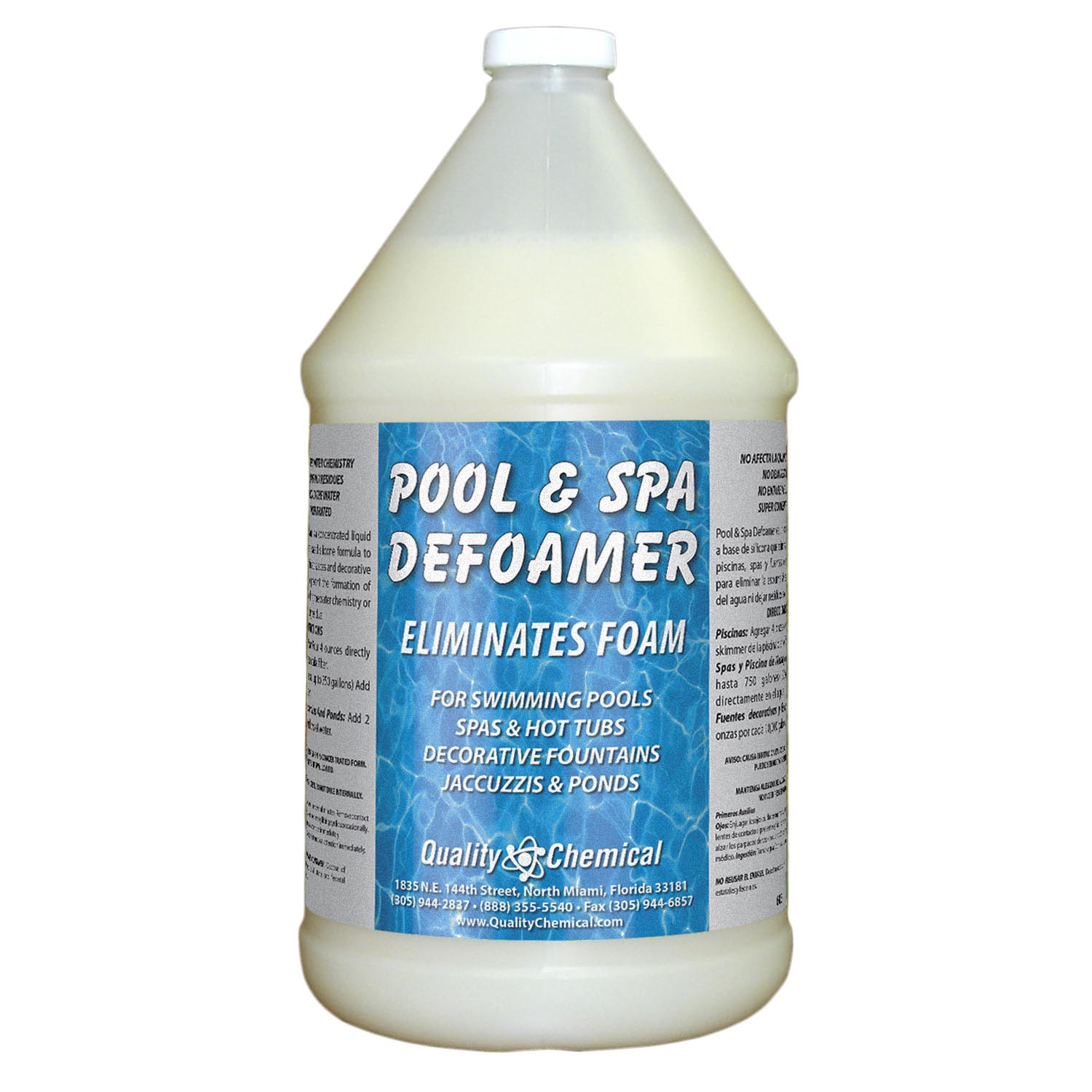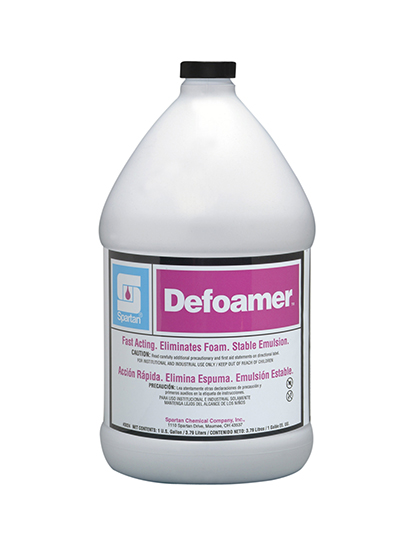Exploring the Perks of a Chemical Defoamer in Production and Manufacturing
The integration of chemical defoamers in manufacturing and manufacturing procedures uses a strategic advantage by resolving one of the relentless obstacles in industrial operations: foam control. As suppliers make every effort to maximize procedures and enhance consumer contentment, the role of chemical defoamers becomes progressively important.
Significance of Foam Control
While the presence of foam in manufacturing processes can often appear safe, reliable foam control is crucial for enhancing operational effectiveness and item quality. Foam can disrupt different stages of manufacturing, leading to inefficiencies that may extend and raise costs handling times. In markets such as food and beverage, drugs, and chemicals, unchecked foam can obstruct devices, interfere with automated systems, and eventually result in item inconsistencies.

Executing effective foam control strategies not only enhances efficiency but also sustains regulatory conformity in sectors where foam can cause ecological worries. By making use of chemical defoamers, producers can mitigate these difficulties, guaranteeing smoother operations and higher-quality output. Ultimately, focusing on foam control is a vital facet of manufacturing that can produce considerable advantages in regards to security, product, and effectiveness reliability.
Sorts Of Chemical Defoamers
What sorts of chemical defoamers are available for making procedures, and exactly how do they vary in application? Chemical defoamers can be categorized right into three primary kinds: silicone-based, natural, and not natural defoamers. - Chemical Defoamer

Organic defoamers, generally stemmed from fatty acids or all-natural oils, work in a series of applications, consisting of food and drink production. They are typically favored for their lower toxicity and ecological effect, making certain conformity with industry policies.

Each type of defoamer offers distinct objectives based upon the chemical structure and the details needs of the production process, allowing suppliers to select the most appropriate option for their particular demands.

Benefits in Production Effectiveness
Chemical defoamers play an important duty in improving manufacturing effectiveness by efficiently regulating foam generation throughout various procedures. Foam can impede production rates, interfere with devices procedure, and cause costly downtime. By incorporating chemical defoamers, manufacturers can reduce these problems, making certain smoother operations and boosted total performance.
The usage of chemical defoamers aids maximize the functional performance of equipment such as activators, pumps, and mixers. With reduced foam, these equipments can run at their intended capacity, reducing the risk of overflow and allowing constant processing. This results in far better resource usage and higher throughput.
In addition, chemical defoamers help with faster handling times by reducing the time required for foam removal. This acceleration can significantly click now impact production routines, enabling makers to meet customer demand more properly. Furthermore, the use of defoamers adds to reduce power usage, as equipment runs much more effectively with decreased foam disturbance.
Influence On Product Quality
Foam control is not just important for preserving effectiveness in making processes however likewise plays a significant function in making sure item high quality. Excessive foam can present air right into formulations, resulting in disparities in the end product. This can materialize as defects such as gaps, unequal textures, or subpar finishes, which threaten the intended top quality and performance of the product.
Additionally, foam can prevent the homogeneity of mixes, leading to uneven circulation of active components. In sectors such as coverings, cosmetics, and food manufacturing, that site this can cause variations in shade, taste, and general performance. By using a chemical defoamer, manufacturers can minimize these threats, making sure that items fulfill strict top quality specs.
In addition, managing foam can boost the stability of emulsions and suspensions, which is critical for making certain shelf-life and customer contentment. With boosted product uniformity and reduced problems, manufacturers can attain higher requirements of quality control, eventually bring about enhanced client depend on and brand name commitment.
Cost-Effectiveness and ROI
Reliable foam control not only enhances product high quality yet likewise contributes dramatically to the general cost-effectiveness of producing procedures. Using chemical defoamers lessens foam-related issues, which can otherwise bring about production hold-ups, equipment breakdowns, and enhanced power intake. By lowering foam, manufacturers can enhance their procedures, leading to greater throughput and efficiency.
Investing in chemical defoamers can yield a substantial roi (ROI) The preliminary prices connected with these additives are typically countered by the savings recognized from lowered downtime and improved material yield. In addition, boosted item quality can reduce waste and revamp costs, even more boosting economic performance.
In addition, effective foam control can result in reduced water and energy usage, adding to reduced functional expenses. home This is specifically vital in industries where resource efficiency is paramount. By integrating chemical defoamers into their procedures, makers can accomplish long-lasting savings while maintaining affordable prices in the industry.
Verdict
In verdict, the integration of chemical defoamers in manufacturing and manufacturing procedures is essential for optimizing functional performance and boosting product high quality. Effective foam control adds to improved tools efficiency, minimized handling times, and reduced downtime, eventually resulting in significant price financial savings. Furthermore, consistent item formulations foster consumer contentment and brand name loyalty. The advantages supplied by chemical defoamers not just support regulatory compliance but likewise give an affordable side in the manufacturing landscape.
The assimilation of chemical defoamers in production and production procedures provides a strategic benefit by resolving one of the consistent obstacles in industrial operations: foam control.While the visibility of foam in manufacturing procedures can occasionally appear harmless, effective foam control is crucial for enhancing operational performance and product top quality.Chemical defoamers play a vital function in enhancing producing efficiency by efficiently regulating foam generation during different processes.Additionally, chemical defoamers promote faster processing times by decreasing the time required for foam elimination. Additionally, the use of defoamers adds to lower energy intake, as machinery operates extra successfully with reduced foam interference.